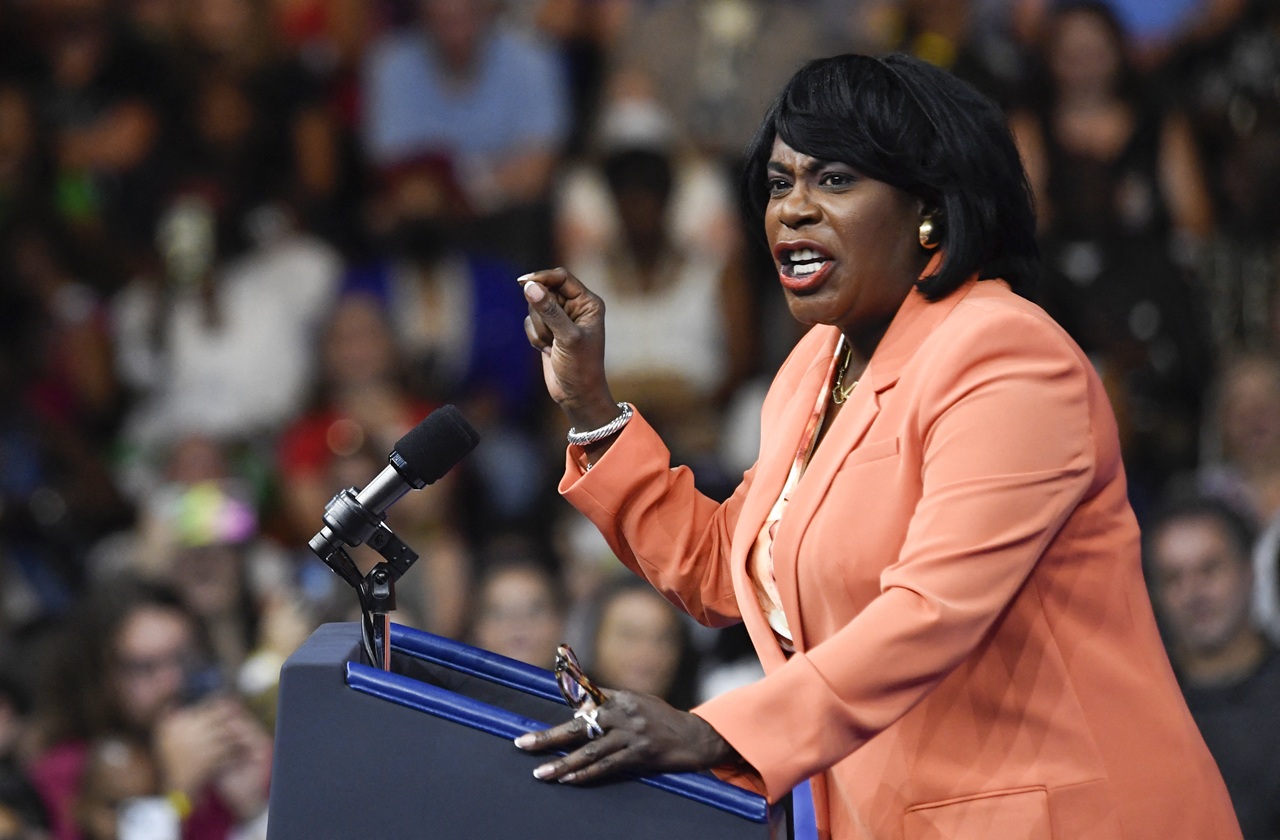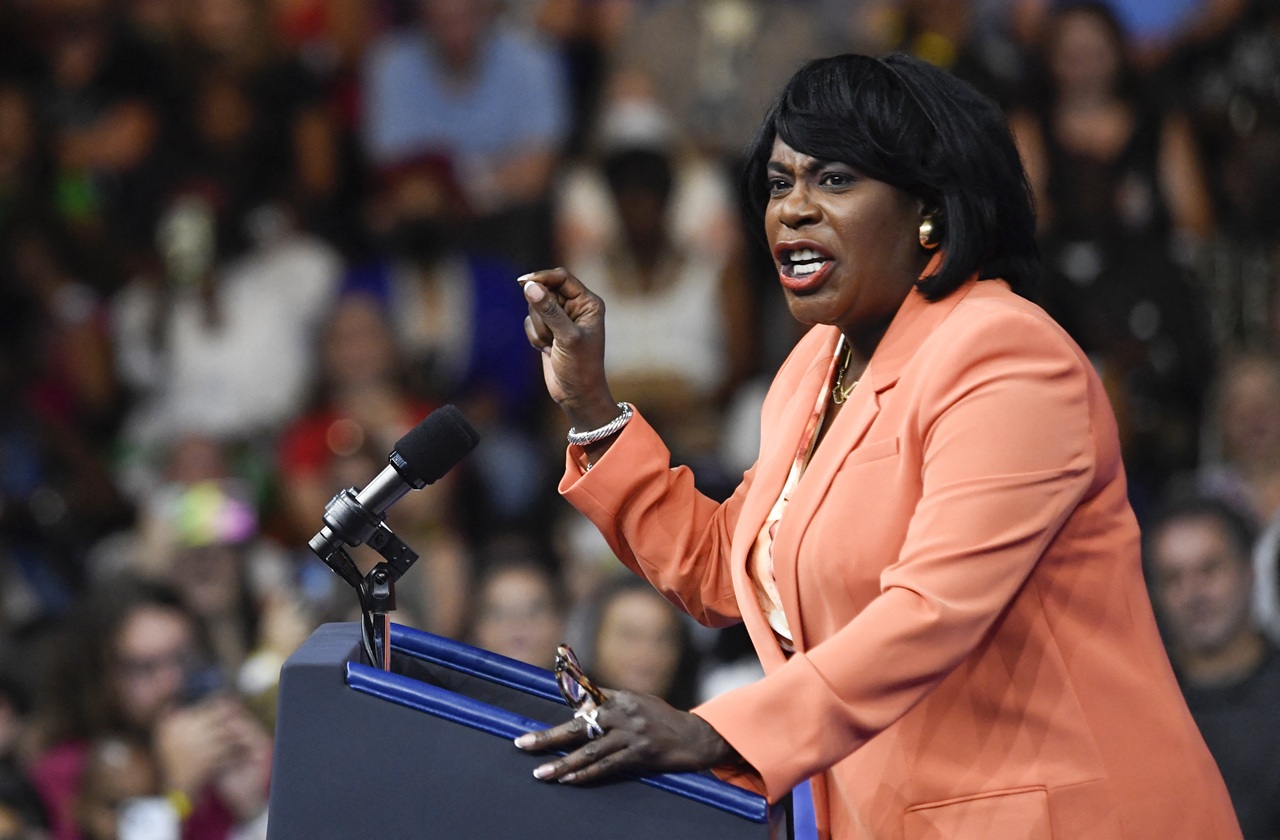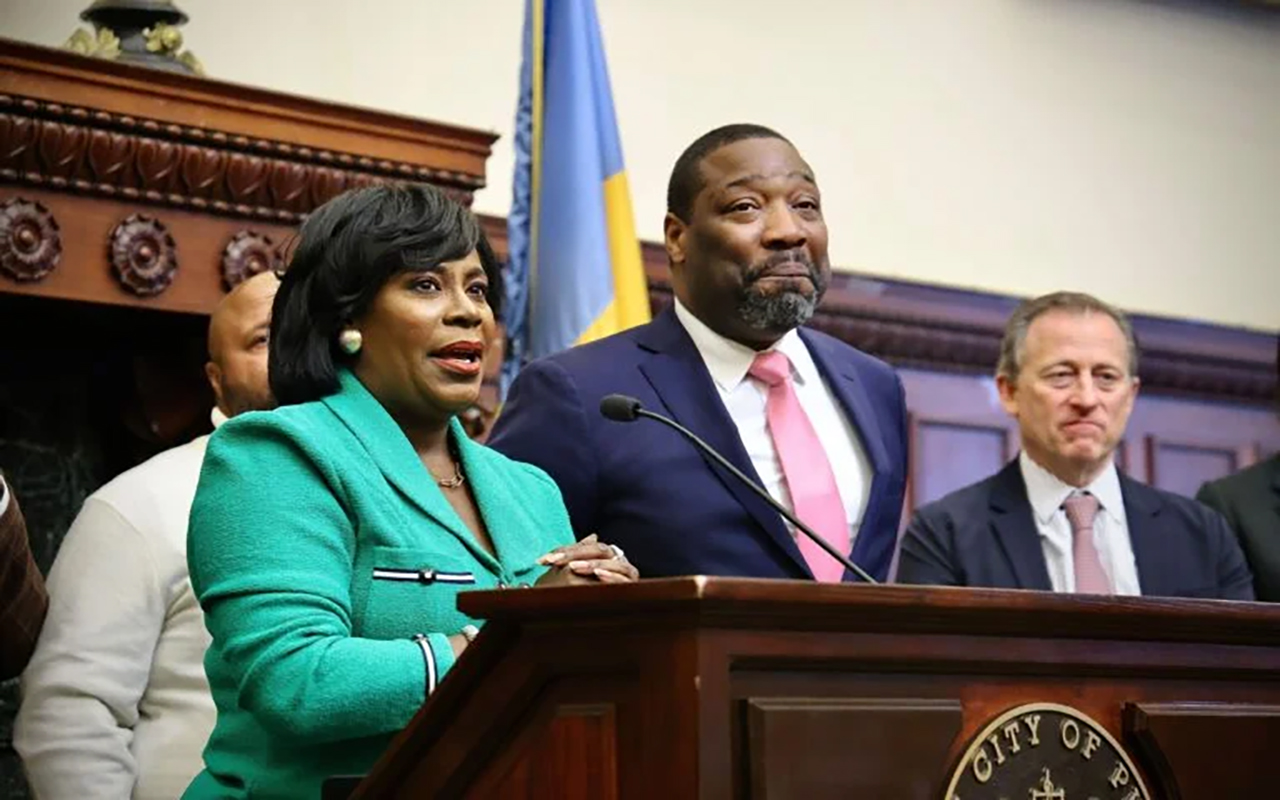
Here's how the debate on the future of taxes for SMEs in Philadelphia is going
City Council debates the future of Birt, a benefit for businesses with revenues of less than $100,000 a year. Here's how the burdens go.
The future of thousands of small businesses in Philadelphia hangs in the balance as City Council debates whether to eliminate, maintain or expand a key tax break that, since 2020, has shielded businesses with revenues under $100,000 from paying BIRT (Business Income and Receipts Tax).
At stake is not only the stability of local businesses - many of them operated by Latino and immigrant families - but also the vision of the city that the Parker administration wants to consolidate.
What's going on?
During a review of Mayor Cherelle Parker's proposed $6.7 billion budget, controversy flared: her team wants to eliminate the $100,000 exemption from BIRT, a benefit that allows small businesses to avoid this tax that combines charges on gross receipts and net profits.
The reason? A pending lawsuit brought by Zoll Medical Corp. alleging that the BIRT system is unconstitutional. As Rob Dubow, the city's finance director, explained to the council, continuing the exemption "would not withstand a legal challenge," and in a worst-case scenario, "the entire BIRT could be declared unenforceable."
Local media outlet WHYY reported that the administration fears a lengthy court battle that could escalate all the way to the Pennsylvania Supreme Court.
Who would be affected?
According to estimates by Natalia Domínguez Buckley, secretary of the Board of the Hispanic Chamber of Commerce of Philadelphia, more than 120,000 small businesses could start paying the tax if the proposal is approved. In statements quoted by WHYY, Buckley warned that many of these businesses "already face a burdensome tax structure" and called for at least quarterly, not annual, payment of the BIRT.
Concern also came from the council. "Changes to the tax system should not come at the expense of small businesses," said Councilwoman Rue Landau, while her colleague Nina Ahmad questioned the logic of eliminating the exemption before the court ruling is final.
The counterproposal
In response to the mayor's position, Councilmembers Kendra Brooks and Nicolas O'Rourke, of the Working Families Party, presented a legislative alternative called the "People's Tax Plan," which includes three main axes:
1. expanding the BIRT exemption to $200,000, benefiting more microbusinesses without increasing their tax burden.
2. Expand the wage tax refund for individuals earning less than $33,000 and couples earning no more than $41,000 a year. This adjustment would raise the average refund from $170 to $275.
3. Introduce a 0.4% estate tax on stocks and bonds valued at more than $100,000. The measure would exclude small owner-operated businesses, pension funds and educational accounts.
RELATED CONTENT
The plan was officially announced on the City Hall website on March 26. "We can't afford to keep taxing poverty while calling it progress," stated Dr. Nikia Owens, president of the Campaign for Working Families, in support of the package.
At the plan presentation, Nija Wiggins, a small business owner, shared her testimony, "Taking away the BIRT tax exemption would hurt us, making it even more difficult to grow, hire and continue our operations." He added that Philadelphia should support those who keep its neighborhood economy alive.
Criticism also pointed to structural inequality. Activist Debbie Wei, founder of Asian Americans United, compared the current situation to the benefits received by big developers like those at 76DevCorp, developers of the controversial proposed stadium near Chinatown: "While small businesses face tax increases, billionaires seek tax breaks."
Now what?
Council President Kenyatta Johnson argued that eliminating the exemption is not technically a tax increase, as it is a legal negotiation. But for many councilors and citizens, the measure does represent a new blow to those who have the least.
From another angle, Councilwoman Jamie Gauthier questioned whether the corporate tax cuts - part of the Parker strategy - will really help the most vulnerable: "I want more certainty that our people will get the jobs. That those who live here and face poverty will get a substantial share of what is believed."
This debate is not just technical or legal. It is a discussion about who should bear the cost of urban development: small entrepreneurs or large corporations? The working poor or those who have the most?
In a city where 23% of the population lives below the poverty line, according to census data, the direction this fiscal policy takes could define the economic and social direction of Philadelphia for years to come.











LEAVE A COMMENT: